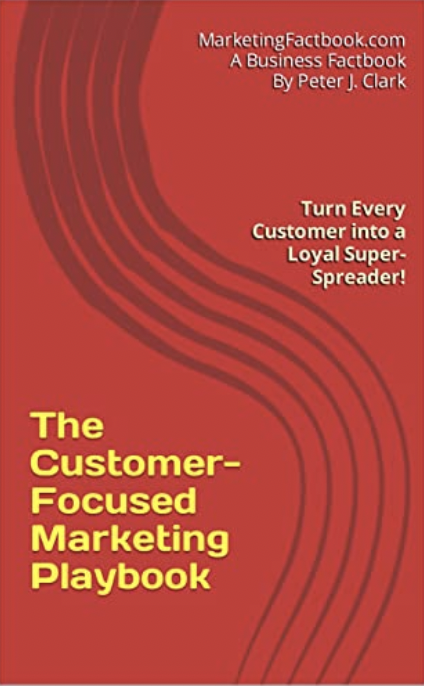Consumers unhappy with vague 'eco-marketing'
Most American consumers say they are willing to punish a company for using misleading claims and statements in their environmental marketing and advertising campaigns, according to the latest Green Gap Trend Tracker from Cone.
The survey found that consumers continue to misunderstand a number of phrases that are commonly used in environmental marketing and advertising, giving some products a greater 'halo' than consumers feel they deserve.
Of the 71% who said they would stop buying a product if they feel misled by an environmental claim, more than one third (37%) said they would go so far as to boycott the company's products entirely.
A growing number of US consumers (97% in 2011, compared to 90% in 2008) believe that they know what common environmental marketing claims such as "green" or "environmentally friendly" mean, yet their interpretations are often quite inaccurate. Some 41% erroneously believed that these terms mean a product has a positive, beneficial impact on the environment, while only 29% correctly understood that these terms more accurately describe products with less environmental impact than previous versions or competing products.
"It's very telling that, three years after Cone first conducted the Green Gap survey, not much has changed," said Jonathan Yohannan, Cone's senior vice president of corporate responsibility. "Consumers continue to be confused about environmental claims, often without realising it. This creates a huge risk for consumer backlash. To overcome this gap between environmental messaging and consumer perception, companies need to provide detailed information in line with FTC guidelines in places where consumers make their purchase decisions."
More than half of the consumer surveyed (57%) said they are distrustful of companies' environmental claims, and many are overwhelmed by the amount of environmental messages in the marketplace (51%). Given this confusion, it is understandable that consumers are somewhat wary of general claims - for example:
- 59% said it is acceptable for marketers to use general environmental claims only when they are backed up with additional detail and explanation.
- 23% said that vague environmental claims should never be used.
- 79% said they want detailed information to be readily accessible on product packaging.
- 75% said they wish companies would do a better job of helping them understand the environmental terms they use.
Consumers are clearly seeking more detailed and comprehensible information, but they also do not expect companies to be "ompletely saintly", as 75% felt that it is acceptable if a company is not environmentally perfect, as long as it is honest and transparent about its efforts.
As corporate marketers and regulators try to evaluate the best ways to communicate environmental commitments - and to avoid 'greenwashing' - Cone tested which of three common marketing approaches was most influential in consumers' purchase decisions, by asking consumers to choose from three products, each using one of the three techniques:
- Certification
This was by far the most influential purchase driver, as 51% of consumers selected the product bearing a fake environmental certification. More than half of respondents (51%) believed that the certification meant that the product has been reviewed and verified by a credible third party. - Claim
Nearly one third (30%) of respondents chose the product with a vague "made with natural ingredients" claim. - Imagery
Environmental imagery was the least influential purchase driver, although nearly one in five (19%) still chose this product without any other indication that it was better for the environment. Some even believed that the environmental imagery indicated that the product was safe for the environment (14%).
Of course, the certification, claim or image on the product drives consumer perceptions that these three products did not necessarily live up to. This disconnect is a significant threat for companies because consumers who feel misled by an environmental claim they are likely to try to "punish the brand" - for example, 71% said they would stop buying the product and 37% said they would boycott the company's products altogether. Only 11% said they would continue buying the product anyway.
"As Americans continue to consider environmental claims when shopping, companies must be transparent to build trust - or face the consequences," concluded Yohannan. "Puffery and generic claims alone aren't going to work, and brands will be held accountable to ensure that their claims are not only accurate but are also aligned with consumer perceptions."
Sources: Cone / The Marketing Factbook.
Copyright © 2011 - 2025 The Marketing Factbook.
Categorised as:
- Customer Experience
- Knowing The Customer
- Marketing Know-How
- Marketing Technology
